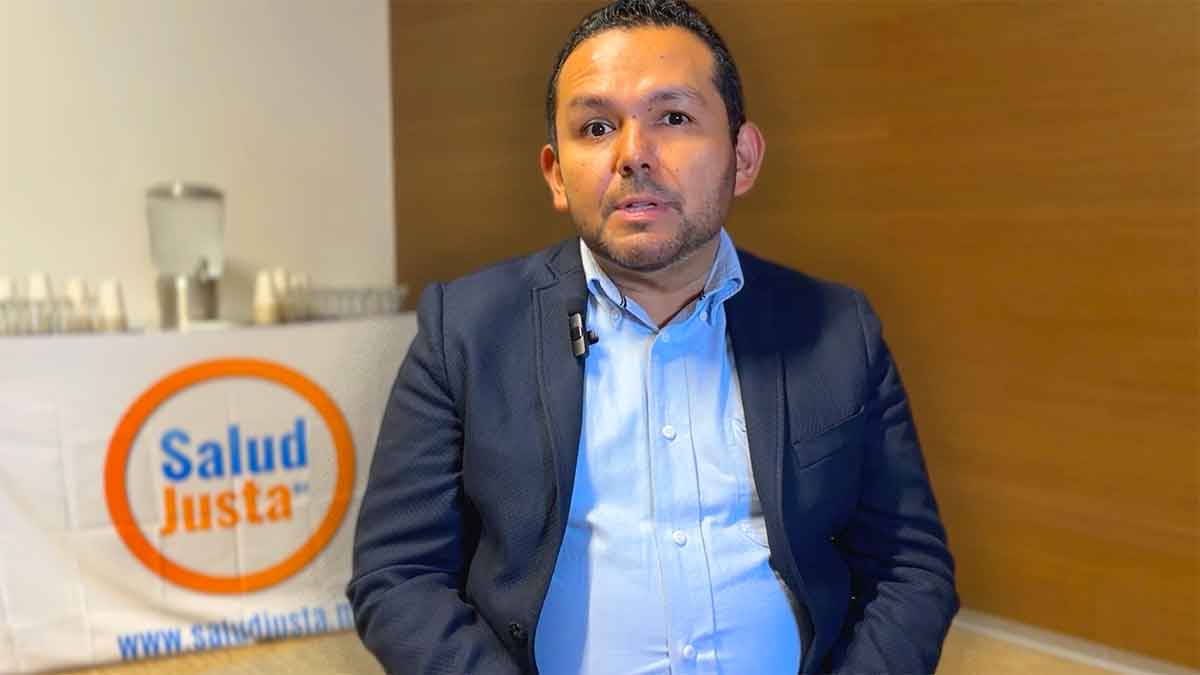- Resources
- News
-
-
Get Email Updates
Sign up for STOP's emails and never miss an update on our latest work and the tobacco industry's activity.
-
Get Funding
Ready to tackle industry interference? You could be eligible for a grant.
-
Share a Tip
Do you have information on tobacco industry misconduct in your country? Let us know.
-
Get Email Updates
Sabotaging Policy
September 10, 2019

Permanent Representatives of
Member and Observer States of the
UNITED NATIONS GENERAL ASSEMBLY
Excellencies,
Ahead of the 74th regular session of the United Nations General Assembly we write, on behalf of public health groups and individuals, to call on your delegation to decline invitations from the tobacco industry or those furthering its interests, and to reject tobacco industry partnerships.
We were alarmed that, in July, a then-sitting UN official directly advocated to the Secretary-General in favor of tobacco partnerships in the 2030 Agenda for Sustainable Development. This egregious approach from within the UN defied the UNGA’s long-standing tenet of a fundamental conflict of interest between the tobacco industry and public health. It also signals a renewed effort by the tobacco industry to infiltrate the UNGA and steer global policy to its advantage.
The threat is both real, and present. Every year, the tobacco industry’s products claim 8 million lives and cause losses worth at least $1.4 trillion, leaving behind a devastating trail of social, economic, environmental and health harms. Partnership with the tobacco industry, therefore, directly contradicts the Sustainable Development Goals (SDGs), and constitutes a major reversal of the progress achieved towards the attainment of SDG 3 (Healthy Lives). This goal involves strengthening implementation of the World Health Organization Framework Convention on Tobacco Control (WHO FCTC), a treaty that requires governments to protect public health from the commercial and vested interests of the tobacco industry (Article 5.3). Yet tobacco companies use SDG logos in their reports, sponsor UNGA side events, and launch global initiatives to divert attention from these facts.
These actions are not benevolent. Tobacco industry documents reveal that access to the UN is part of a deliberate strategy to establish credibility, to gain access to policy makers for the purposes of undermining tobacco control and to open up new markets for its products. Association with the UN (including its agencies and events) lends legitimacy to tobacco companies, which, in turn, enhances their ability to sell lethal products, and market in ways that attract children. The UNGA must avoid being complicit in the tobacco industry’s plans.
It is in this context that we call on you to reject invitations from tobacco companies or those furthering their interests; and to counter proposals that support tobacco industry partnerships and positions.
We also urge you to remind all entities in the UN system to adhere to the model policy for preventing tobacco industry interference, through the rejection of funds from, and partnerships with, the tobacco industry. Global progress has already been made in excluding the tobacco industry at the United Nations Development Program, the UN Global Compact and the World Health Organization.
Rejecting industry proposals and funding within the UNGA and across all UN agencies would accelerate achievement of the SDGs, promoting wellbeing for all at all ages.
Sincerely,
[Signed by]
Sandra Mullin
Senior Vice President, Vital Strategies and
Partner in STOP (Stopping Tobacco Organizations and Products)


